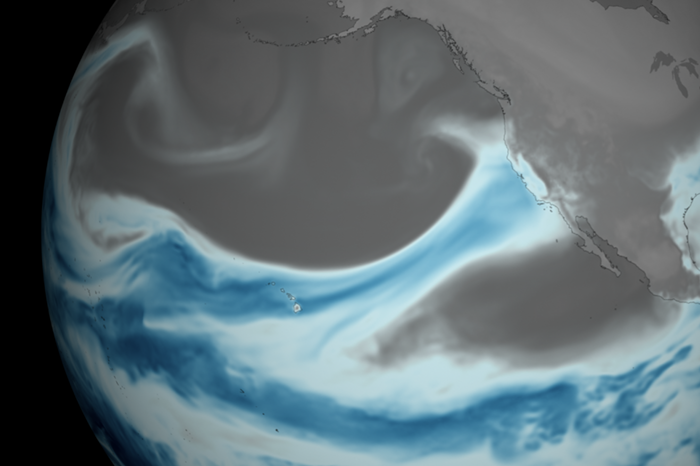
Almost one-third of the mountain snowpack in the Upper Colorado River Basin owes its existence to atmospheric rivers, according to newly published research.
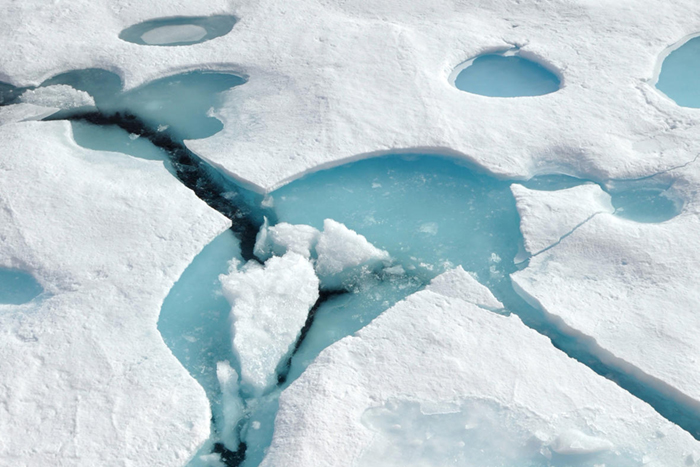
Starting on October 5, 2021, a pair of team members with the Alaska Center for Climate Assessment are set to lead a Massive Open Online Course (MOOC) to educate participants about what climate change looks like in the Arctic.
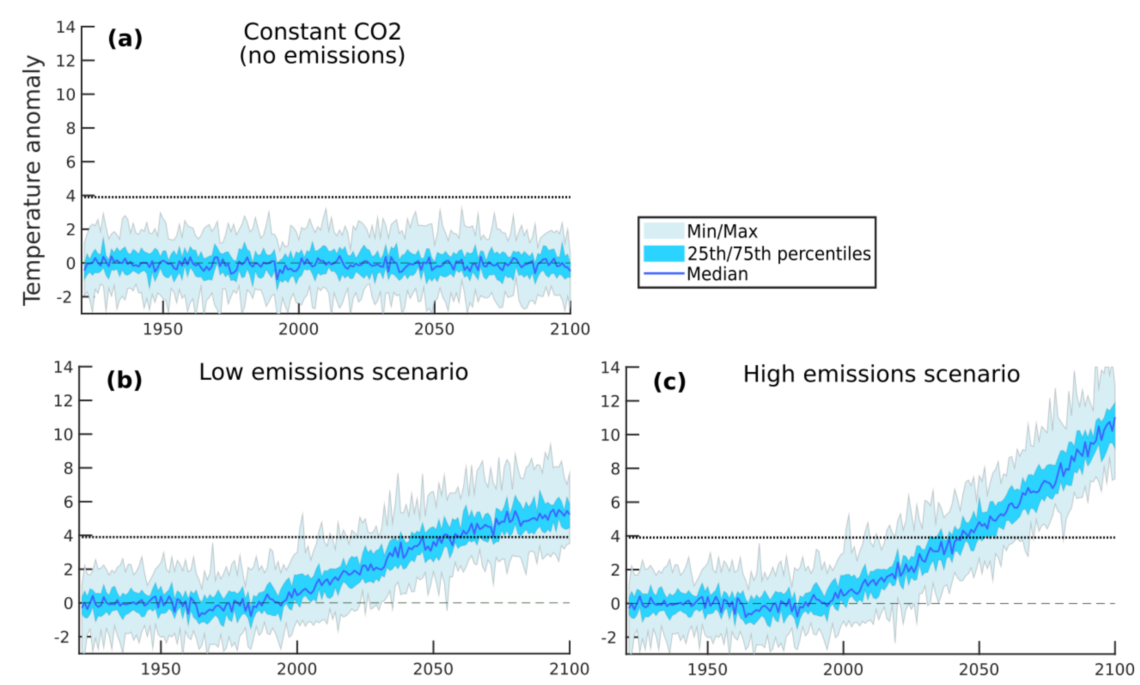
An extreme heat event, breaking all previous records, occurred over southwestern Alaska in the summer of 2019. Analyses using a new high-resolution climate model suggest that the extreme heat event was made up to 6 percent more likely by the impacts of increasing greenhouse gases.
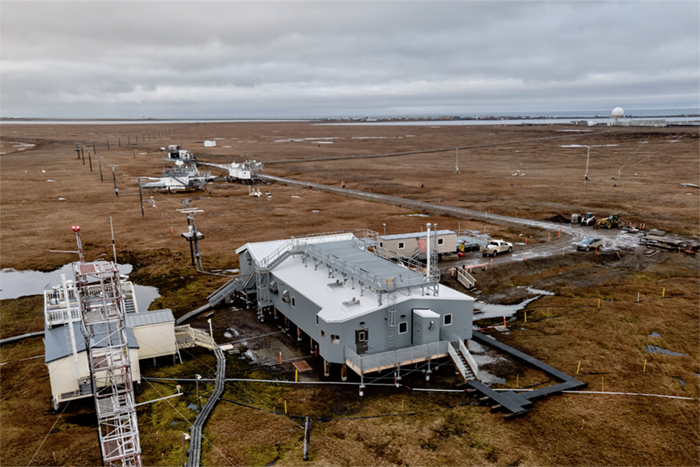
How do plants affect the carbon cycle in the Arctic? Simply measuring carbon dioxide doesn’t answer that question clearly, but new research indicates that measuring carbonyl sulfide gives researchers more clarity on plants’ role.
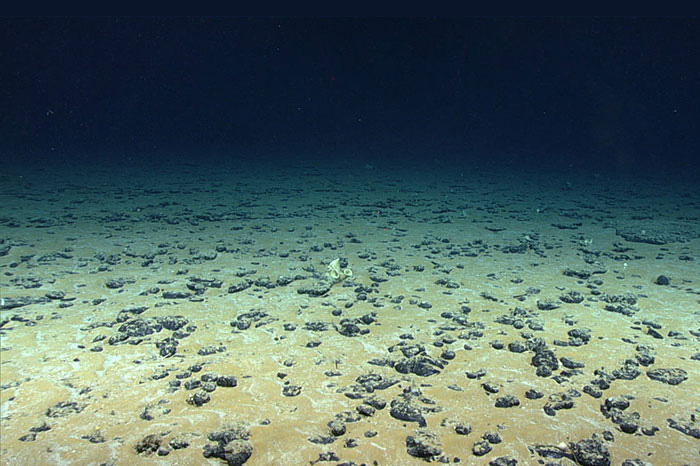
New research describes a potential form of carbon sequestration. The method involves converting decaying vegetation into a form of biocoal called Black Pellets and depositing those pellets in the deep ocean.

The National Integrated Drought Information System (NIDIS) added two new interactive features on Drought.gov that will make it easier for decision makers and the public across the United States to share timely, reliable drought information.

The Intergovernmental Panel on Climate Change (IPCC) released its Sixth Assessment Report (AR6) in August 2021. Three NOAA Climate Program Office-funded scientists were among the world’s top climate researchers who contributed to the latest IPCC report.

New research shows how smoke-influenced clouds differ from their clean-air counterparts, with complex implications for weather and climate.

During early summer 2020, the western North Pacific remained in an almost quiet state, and the tropical cyclone frequency sank to the lowest level on record since 1979. A new research paper provides a possible explanation for the puzzling situation.

In December 2020, the National Integrated Drought Information System held a virtual workshop on flash droughts. The report from that workshop is now available online.